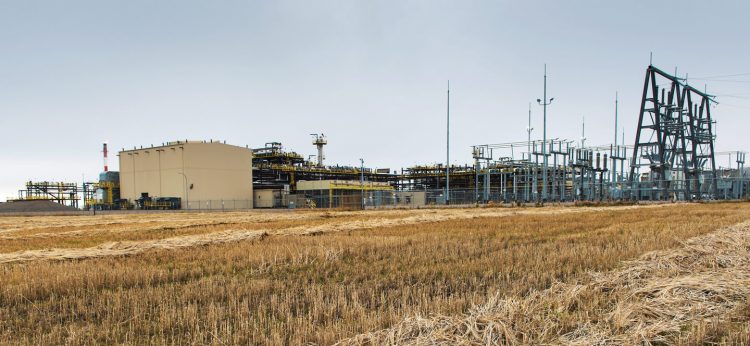
How clean is a BC that subsidizes accelerated fossil fuel extraction?
by Ben Parfitt | February 25, 2019
When the provincial government unveiled its new climate plan late last year, Environment Minister George Heyman, Green Party leader Andrew Weaver and Premier John Horgan presented a happy, united front as ceremonies got underway at Vancouver’s main library. But the biggest smiles of the day may have been on the faces of senior executives at …
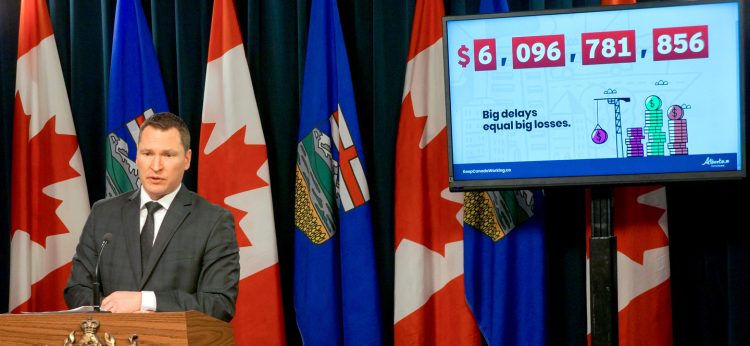
False advertising by the Alberta government and oil lobby
by David Hughes | February 20, 2019
As an Alberta-born and -raised earth scientist who has made a career studying fossil fuels and energy issues, I am dismayed at the bombardment of ‘fake news’ in print, online and TV ads from the Alberta government on the Trans Mountain Pipeline Expansion (TMX). These ads are repeated hourly on several TV stations. One ad …
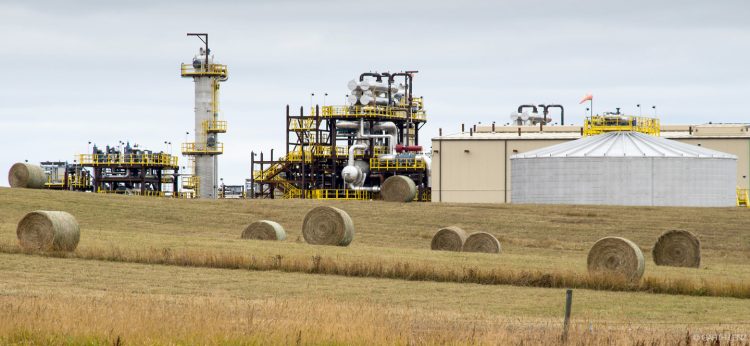
Through the front door, then the back: How government methodically killed environmental oversight of major gas industry projects
by Ben Parfitt | January 23, 2019
Few regulations in British Columbia have died as quick and ignoble a death as a 2014 Order in Council exempting proposed natural gas plants from having to undergo environmental assessments. It was a change that fossil fuel companies drilling and fracking for natural gas in the northeast of the province had demanded for some time. …

Where is labour’s voice in coverage of pipeline controversies?
by Robert A. Hackett | December 19, 2018
The news media play a strong role in shaping how many Canadians understand issues like climate change—and the tensions between the fossil fuel industry and those seeking to transition to a low-carbon economy. But are the media providing a clear view of the debate surrounding these issues? And are all stakeholders’ voices being heard? Short …
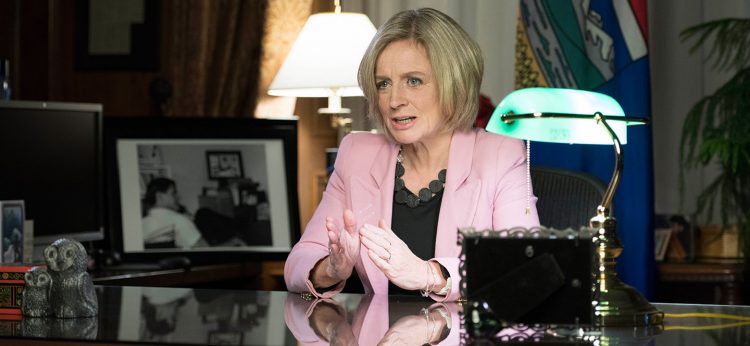
Seven questions about Alberta’s oil production cut
by Ricardo Acuña | December 6, 2018
On Sunday evening Alberta Premier Rachel Notley announced to the province that her government was legislating a temporary 8.7 per cent cut in the production of bitumen and conventional oil starting January 1, 2019. To the degree that the current price differential is the result of an excess supply of bitumen in the face of …
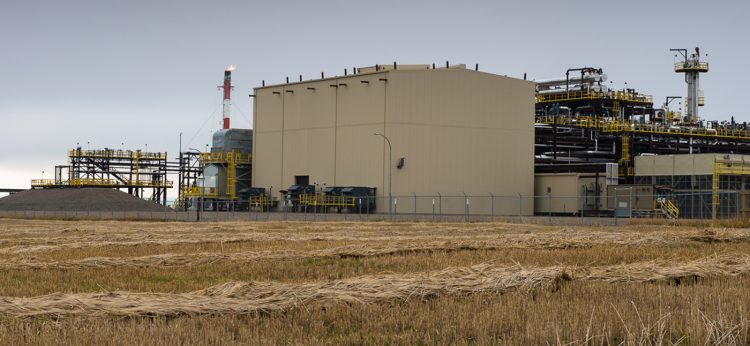
Shielding fossil fuel corporations from public scrutiny: The new “neutral”?
by Ben Parfitt | October 31, 2018
British Columbia’s Environmental Assessment Office bills itself as a “neutral” provincial agency. But there is evidence that this is not the case, and that BC Environment Minister George Heyman — who is tasked with “revitalizing” the province’s environmental assessment law — needs to make serious reforms. When a public regulator makes major decisions behind closed …
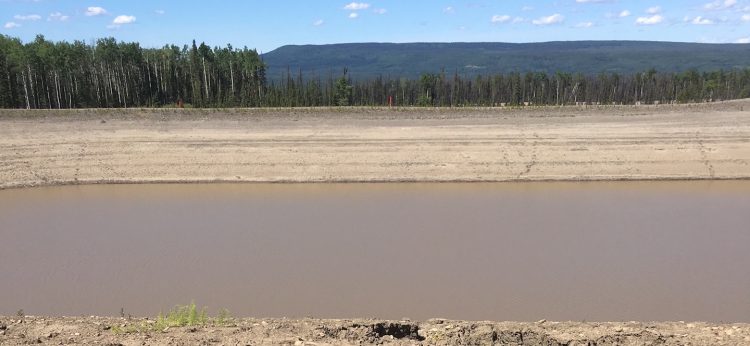
Dangerous precedent: Petronas subsidiary gets free pass after building unlicensed fracking dams
by Ben Parfitt | October 22, 2018
In a decision without precedent in its 25 years of existence, British Columbia’s Environmental Assessment Office (EAO) has told Progress Energy that two massive unauthorized dams that it built will not have to undergo environmental assessments. The decision comes after the company made an audacious request to the EAO to have the two dams declared …
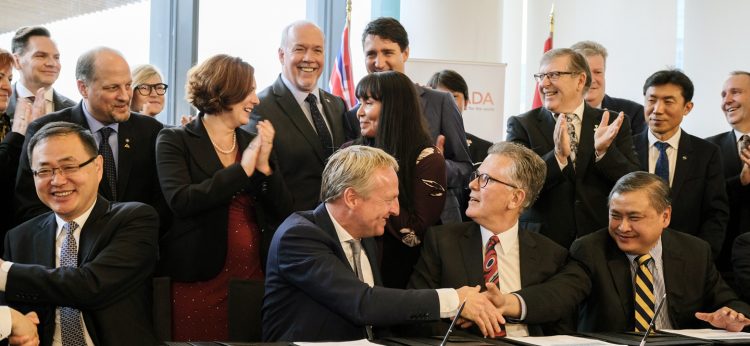
LNG Canada: Short-term politics trumps long-term climate responsibility
by Marc Lee | October 4, 2018
LNG Canada’s final investment decision to build a natural gas liquefaction facility in Kitimat is a triumph of short-term politics over long-term responsibility to act on climate change. Exaggerated numbers have been used to sell the project to the public, while risks have been downplayed. The politics of liquefied natural gas (LNG) have a certain logic …

Paved with good intentions: A guide to evolving climate policies in BC
by Marc Lee | September 12, 2018
The road to hell is paved with good intentions, an economics professor of mine used to say back in the late 1980s. Concerned about the federal government’s inability to reign in fiscal deficits, hell back then was hitting a “financial wall” where the markets would no longer lend or would only do so at catastrophically …
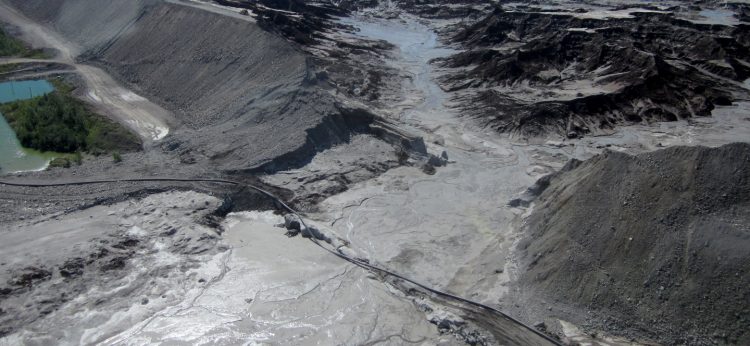
Mount Polley four years after the tailings dam breach: business as usual
by Judith Marshall | August 28, 2018
“If you asked me two weeks ago if this could have happened, I would have said it couldn’t.” Imperial Metals president Brian Kynoch, spoke these words at a news conference on August 5, 2014, the day after the devastating collapse of a tailings dam at one of Imperial’s operations, the Mount Polley copper and gold …
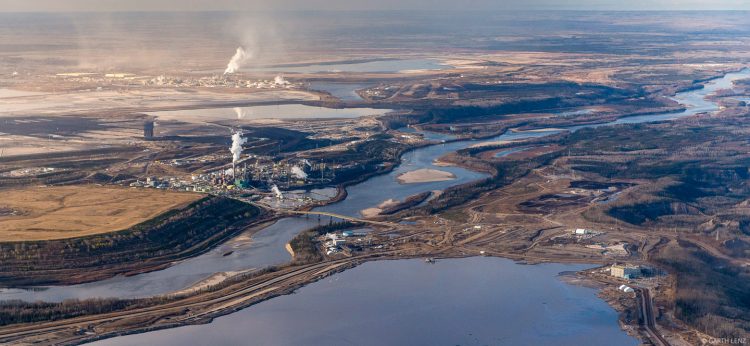
The Petro State Lackey: How BC’s zest for natural gas fuels Alberta’s oil sands
by Ben Parfitt | August 8, 2018
In the past year, an energy dispute for the ages has played out in Canada, culminating in the federal government announcing that it will buy an aging oil pipeline for $4.5 billion and then twin it with a new high-capacity pipeline that would move massive amounts of diluted bitumen from Alberta to tidewater in British …
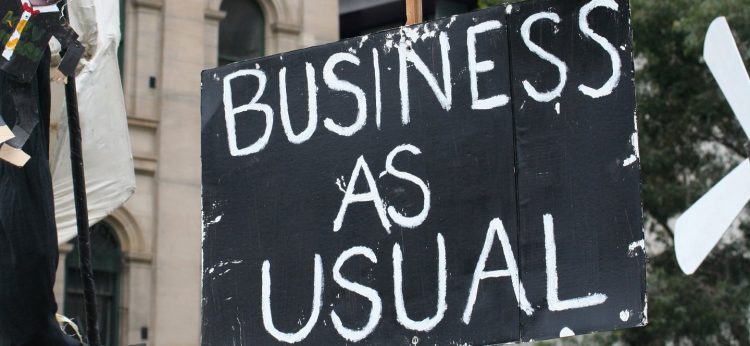
The problem with BC’s “clean growth” climate rhetoric
by Marc Lee | August 2, 2018
The BC government recently released three “intentions papers” on climate policy—transportation, buildings and industry—all wrapped in the term “clean growth.” In fact, the term “clean” appears more than 70 times in just the introduction to the exercise, Towards a Clean Growth Future in BC. Clean growth is not a commonly used term, nor is it …











